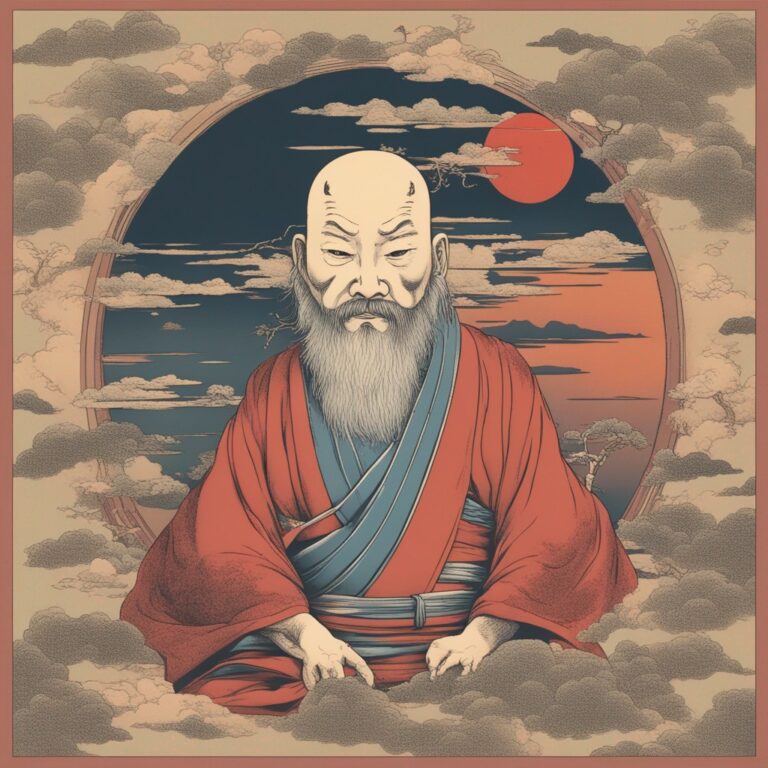7 Japanese Concepts to Transform Your Life

Japanese culture, with its deep-rooted philosophies and way of life, has gifted the world with a myriad of fascinating concepts that can profoundly impact our lives. In this blog post, we’ll explore seven of these concepts: Ikigai, Shikitogai, Wabi sabi, Gaman, Obitouri, Kaizen, and Shu-ha-ri. By embracing these principles, you can transform your life and find balance, fulfillment, and meaning in everyday living.
Ikigai
Ikigai is a concept that translates to “a reason for being.” It’s the convergence of four key elements: what you love, what you’re skilled at, what the world needs, and what you can be compensated for. By identifying and nurturing your Ikigai, you can uncover your life’s purpose and lead a life brimming with fulfillment and satisfaction.
Shikitogai
Shikitogai, or “four virtues of conduct,” refers to the interconnected virtues of wisdom, benevolence, courage, and sincerity. These qualities, considered essential for a good life, promote a life of integrity, compassion, and excellence. By cultivating these virtues, you’ll be better equipped to navigate life’s challenges with grace and resilience.
Wabi sabi
Wabi sabi is an aesthetic principle that celebrates the beauty of imperfection, incompleteness, and transience. It encourages us to find beauty in the mundane and to embrace the natural imperfections of life. By adopting the Wabi sabi mindset, you’ll learn to appreciate the simple, transient moments that often go unnoticed and find contentment in the present.
Gaman
Gaman, meaning “endurance” or “perseverance,” is the ability to bear hardship with patience and dignity. Rooted in Buddhist philosophy, Gaman teaches us to accept suffering as a natural part of life and to use it as a catalyst for growth and enlightenment. By practicing Gaman, you’ll cultivate resilience and inner strength, helping you navigate life’s trials with equanimity.
Obitouri
Obitouri, or “funeral cuisine,” is a tradition of serving special foods during funerals or memorial services. This practice provides comfort and nourishment to the grieving family while honoring the memory of the departed. By participating in Obitouri, you show respect and empathy during times of loss, fostering a sense of community and support.
Kaizen
Kaizen, meaning “continuous improvement,” is a philosophy that emphasizes making small, incremental changes in all areas of life. By embracing Kaizen, you adopt a growth mindset, recognizing that small, consistent efforts can lead to significant improvements over time. This mindset encourages progress, both personally and professionally, and helps you achieve your goals through steady effort.
Shu-ha-ri
Shu-ha-ri is a concept outlining the three stages of learning and mastery. Shu (obeying) involves learning the fundamentals under a teacher’s guidance. Ha (breaking away) is the phase of experimentation and exploration. Ri (leaving) is the stage of transcending rules and achieving true mastery. By understanding Shu-ha-ri, you’ll gain a clearer path toward mastery in any field.
Conclusion
The philosophies behind these Japanese concepts can offer invaluable guidance in our journey toward a balanced, fulfilling, and meaningful life. Embracing Ikigai, Shikitogai, Wabi sabi, Gaman, Obitouri, Kaizen, and Shu-ha-ri can profoundly transform your life, allowing you to cultivate resilience, find purpose, and nurture an appreciation for the present moment. Let these concepts serve as a compass, guiding you toward a simpler, richer, and more harmonious existence.




